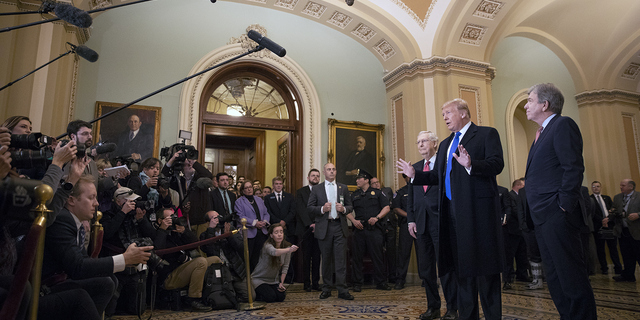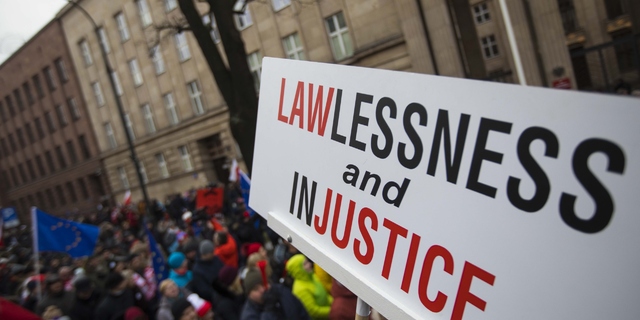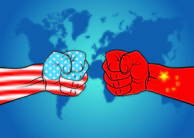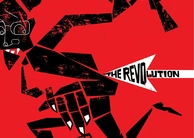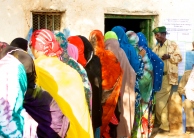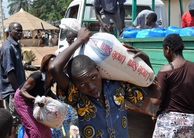Comparative Politics (tagged articles)How Religiosity Shapes Satisfaction with Democracy: A Mediterranean Case StudyJulien Argoud - More and more countries are democratic, but at the same time, the number of people dissatisfied with it has constantly been increasing during the last two decades. Nevertheless, studying people’s “satisfaction with democracy” has been heavily debated... Keep Reading »
Single-Payer Reform and Rural Health in the United States: Lessons from Our Northern NeighborJared M. Hirschfield - Single-payer health reform has secured its place in the mainstream American health policy debate, yet its implications for particular subpopulations or sectors of care remain understudied. Amidst many unanswered questions from policymakers and political pundits, rural... Keep Reading »
Democratic Backsliding in the U.S. and Why the Rest of the West Should CareJoshua M.M. Portzer - ‘State fragility’ comes in many manifestations, ranging from violent civil conflict to state-sanctioned corruption. Often the term is paired exclusively with the developing world. This is a misnomer. Those within the liberal world order (LWO) are not immune... Keep Reading »
Photo: Platforma Obywatelska RP SA-2
Explaining the Rise of Populism in Poland: The Post-Communist Transition as a Critical Juncture and Origin of Political Decay in PolandPhillip S. Swallow - The Polish populist Law and Justice Party (PiS) overturned the mainstream consensus in Polish politics by returning to power in 2015 with a populist platform, decrying a selfish elite and advancing policies that critics saw as illiberal and authoritarian. In response... Keep Reading »
More Choices More Voices?Nikko Bilitza - The relationship between party system fragmentation and voter turnout is not entirely understood in contemporary political science literature. It is often assumed that party system fragmentation is a primary driver of proportional representation's tendency to produce... Keep Reading »
The keyword Comparative Politics is tagged in the following 18 articles. Expedited Article ReviewSubmit an article and get a decision fast. If you need a fast decision, INQUIRIES Journal offers expedited processing of your submission for a small fee. Depending on the expedited review option you choose, you can receive a decision in as few as 5-days. In addition to a shorter review period, the fee supports the journal's continued operation and open-access publishing model. Standard submissions are always free. Submit Now » - Submit an Article to Inquiries Journal -Inquiries Journal provides undergraduate and graduate students around the world a platform for the wide dissemination of academic work over a range of core disciplines. Representing the work of students from hundreds of institutions around the globe, Inquiries Journal's large database of academic articles is completely free. Learn more | Blog | Submit |



